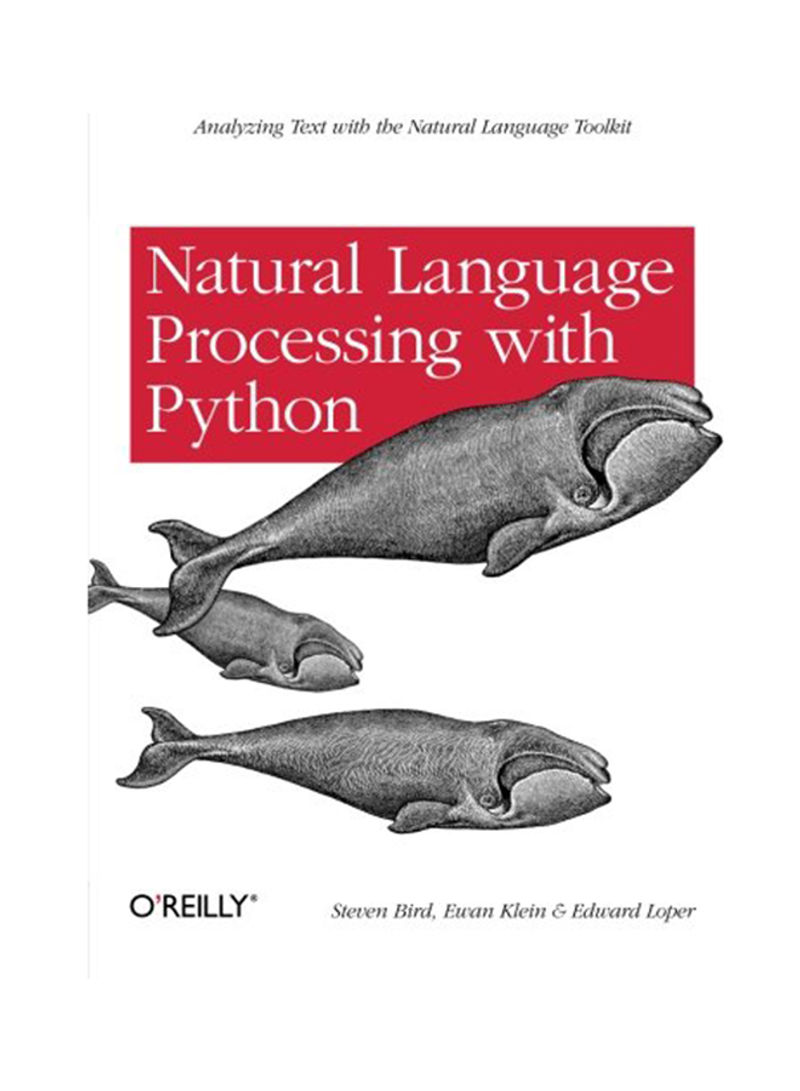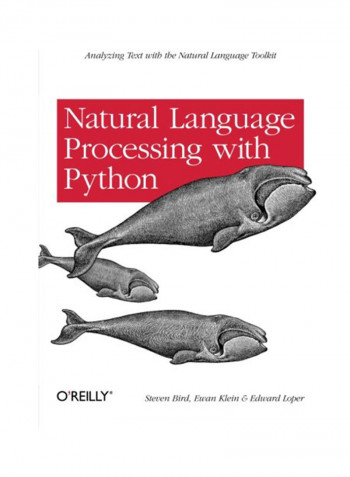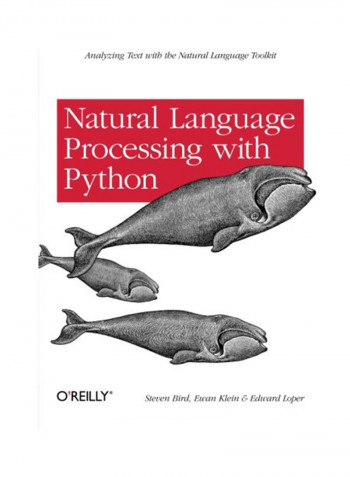Natural Language Processing With Python Paperback
Recommend
Sort by
Rating
Date
Specifications
Author 1
Steven Bird
Book Description
This book offers a highly accessible introduction to Natural Language Processing, the field that underpins a variety of language technologies, ranging from predictive text and email filtering to automatic summarization and translation. With Natural Language Processing with Python , you'll learn how to write Python programs to work with large collections of unstructured text. You'll access richly-annotated datasets using a comprehensive range of linguistic data structures. And you'll understand the main algorithms for analyzing the content and structure of written communication. Packed with examples and exercises, Natural Language Processing with Python will help you: extract information from unstructured text, to guess the topic or identify 'named entities'; analyze linguistic structure in text, including parsing and semantic analysis; access popular linguistic databases, including WordNet and treebanks; and, integrate techniques drawn from fields as diverse as linguistics and artificial intelligence. Perfect for individual study, or as a classroom and workshop textbook, this book will help you gain practical skills in Natural Language Processing using the Python programming language and the Natural Language Toolkit (NLTK) open source library. If you're interested in developing Web applications, analyzing multilingual news sources, documenting endangered languages, or if you are simply curious to have a programmer's perspective on how human language works, you will find Natural Language Processing with Python both fascinating and immensely useful.
ISBN-10
0596516495
Language
English
Publisher
Woodslane Pty Ltd
Publication Date
July 7, 2009
About the Author
Steven Bird is Associate Professor in the Department of Computer Science and Software Engineering at the University of Melbourne, and Senior Research Associate in the Linguistic Data Consortium at the University of Pennsylvania. After completing his undergraduate training in computer science and mathematics at the University of Melbourne, Steven went to the University of Edinburgh to study computational linguistics, and completed his PhD in 1990 under the supervision of Ewan Klein. He later moved to Cameroon to conduct linguistic fieldwork on the Grassfields Bantu languages under the auspices of the Summer Institute of Linguistics. More recently, he spent several years as Associate Director of the Linguistic Data Consortium where he led an R&D team to create models and tools for large databases of annotated text. Back at Melbourne University, he established a language technology research group and has taught at all levels of the undergraduate computer science curriculum. Steven is Vice President of the Association for Computational Linguistics. Ewan Klein is Professor of Language Technology in the School of Informatics at the University of Edinburgh. He completed a PhD on formal semantics at the University of Cambridge in 1978. After some years working at the Universities of Sussex and Newcastle upon Tyne, Ewan took up a teaching position at Edinburgh. He was involved in the establishment of Edinburgh's Language Technology Group in 1993, and has been closely associated with it ever since. From 2000-2002, he took leave from the University to act as Research Manager for the Edinburgh-based Natural Language Research Group of Edify Corporation, Santa Clara, and was responsible for spoken dialogue processing. Ewan is a past President of the European Chapter of the Association for Computational Linguistics and was a founding member and Coordinator of the European Network of Excellence in Human Language Technologies (ELSNET). Edward Loper has recently completed a PhD on machine learning for natural language processing at the the University of Pennsylvania. Edward was a student in Steven's graduate course on computational linguistics in the fall of 2000, and went on to be a TA and share in the development of NLTK. In addition to NLTK, he has helped develop two packages for documenting and testing Python software, epydoc, and doctest.



